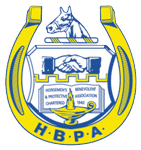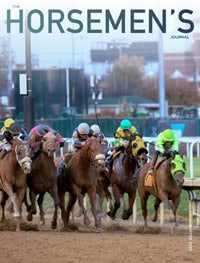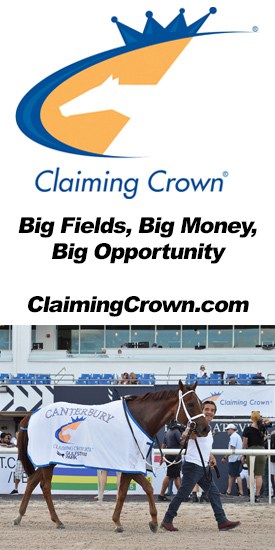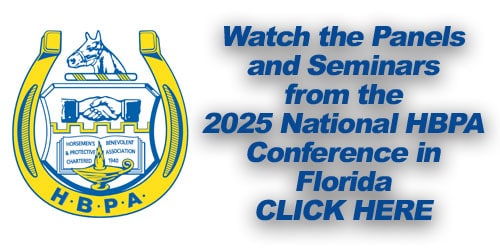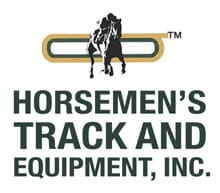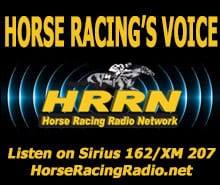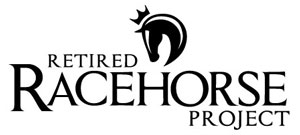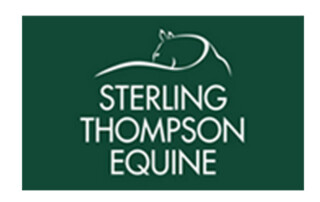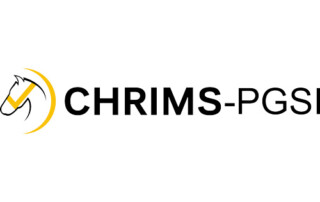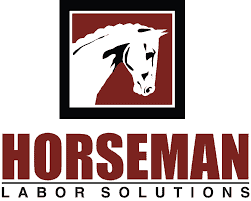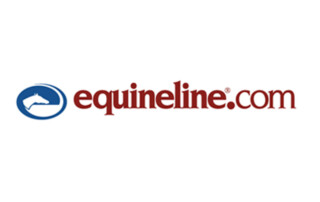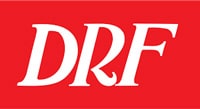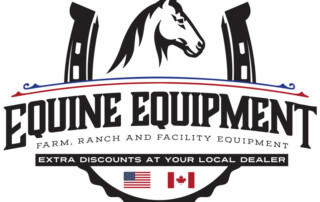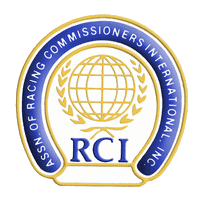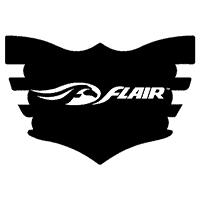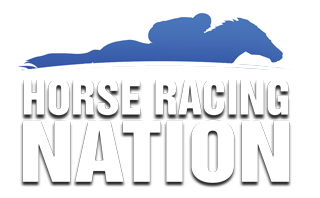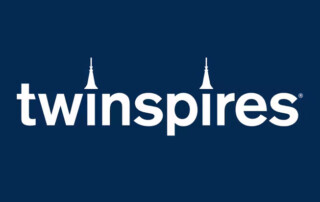Upcoming Events
Feb25, 2026
Feb19, 2026
Feb2, 2026
Jan28, 2026
Jan9, 2026
Dec23, 2025
Statement from the National HBPA on the passing of John Shirreffs:![]()
![]() "John Shirreffs was the epitome of a horseman — an old-school horseman — and there’s no higher praise in our mind. John didn’t talk the talk about putting the horse first. He just did that, often out of the limelight with his medium-sized barn. But given the right horse, John’s patience and wizardry shined for all to see. He nurtured Zenyatta to a career that may never be matched and very well wouldn't have happened in another barn. He had 50-1 Giacomo at his best on the day that mattered most, and his work with Baeza, who had the misfortune to come along in the year of Sovereignty and Journalism, probably is under-appreciated. But beyond those headliners, John did right by all his horses, no matter their racing level.
"John Shirreffs was the epitome of a horseman — an old-school horseman — and there’s no higher praise in our mind. John didn’t talk the talk about putting the horse first. He just did that, often out of the limelight with his medium-sized barn. But given the right horse, John’s patience and wizardry shined for all to see. He nurtured Zenyatta to a career that may never be matched and very well wouldn't have happened in another barn. He had 50-1 Giacomo at his best on the day that mattered most, and his work with Baeza, who had the misfortune to come along in the year of Sovereignty and Journalism, probably is under-appreciated. But beyond those headliners, John did right by all his horses, no matter their racing level.![]()
![]() "John was a kind man who by all accounts was beloved by his employees. He was engaging, had a great wit and was a wonderful storyteller. Our heart goes out to his family, friends and staff. In this era of dominance by a few massive stables, John’s accomplishments may get overshadowed, but they shouldn’t. He will be in the Hall of Fame soon, and we’re just sad that deserving honor didn’t come sooner."
"John was a kind man who by all accounts was beloved by his employees. He was engaging, had a great wit and was a wonderful storyteller. Our heart goes out to his family, friends and staff. In this era of dominance by a few massive stables, John’s accomplishments may get overshadowed, but they shouldn’t. He will be in the Hall of Fame soon, and we’re just sad that deserving honor didn’t come sooner."
Photos from Thoroughbred Racing Initiative's post
National HBPA Conference Panels March 4-6 to Include AI, Prediction Markets, Horsemen as Racetrack Owners
nationalhbpa.com
A race at Horsemen's Park, the Omaha track owned by the Nebraska horsemen. Photo courtesy Horsemen's Park Artificial intelligence on the track and the emerging threats of prediction markets and wageri...
Wonderful retirement ceremony Tuesday at Turf Paradise on Tuesday at Turf Paradise. Thanks to Shawn Coady of Coady Media for these photos. Surprsinglyperfect now embarks on a second career as co-owner/trainer Justin Evans' stable pony.![]() Emerald Downs
Emerald Downs
